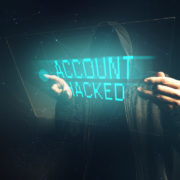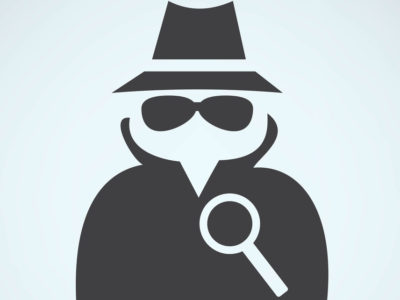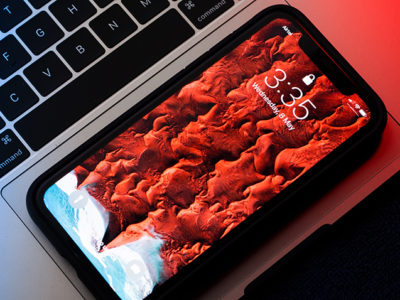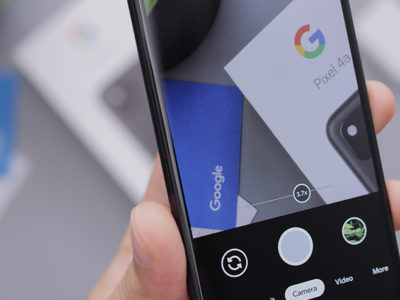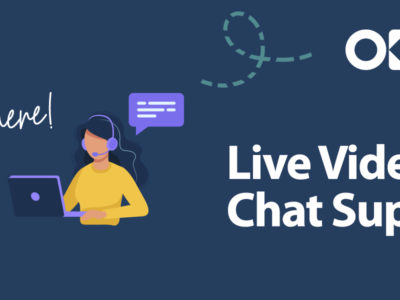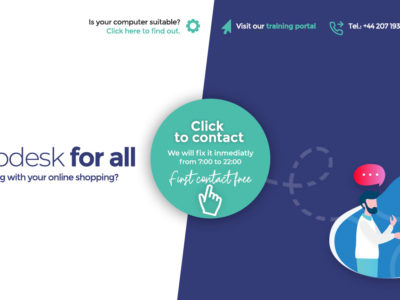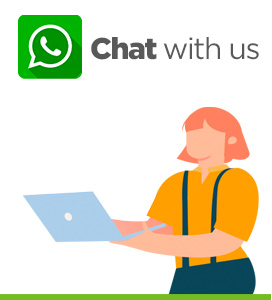We recently wrote an article on whether your account has been hacked. Today we will focus on having the right reflex for the best online security.
At the moment shopping, communicating, entertaining, working is all happening online. We are spending hours connected. How can we make sure to enjoy everything it offers while remaining safe?
On a daily basis we receive fake e-mails from Netflix, IT, telecom providers, banks, antivirus, cloud, entertainment companies etc. They are asking us to renew our subscriptions. Be aware, these may be scams!
We receive offers to buy masks and fake protective equipment, coronavirus tests. These could also be scams.
Now is a time to put into place the right reflex for the best online security and therefore enjoyment.

Table of Contents
Awareness is the key
Being aware of the risk is the best weapon. Every email, click, connection, link, needs to be considered wisely.
E-mails
From your smartphone or tablet you cannot always check who the real sender is. You will see a name which pretends to come from an official source. However when you actually really click on the address you can notice that the domain is not the official domain.
If you receive any suspicious e-mail asking you to register, make a payment, renew a membership please just double click on the actual address this will give you a first indication.
However this is not enough. scammers are so talented they even crack official domains. Should you receive any payment requests if in doubt just phone the company.
Links
Similar scenario is valid for links. The phishing mail will ask you to click on a link in order to renew your membership. The link, that copies one “official” address, can actually direct you elsewhere.
Before clicking on any links, please just role your mouse over it and you will see the real address it will direct you to. This should provide you with the necessary caution.
HTTPS versus HTTP
Https is http with encryption. The only difference between the two protocols is that https uses TLS (SSL) to encrypt normal http. As a result https is far more secure than http.
Before you connect to any website, please make sure that it starts with https://
2 factor authentication
Two-factor authentication (2FA) is a security process in which users provide two different authentication to verify themselves. Two-factor authentication provides a higher lever of security than single factor authentication. Single factor authentication is when the user provides only one factor, most usually a password. 2FA rely on a user providing a password and a second factor such as security token or biometric factors (fingertips, facial scan).
We will soon be writing a post on 2FA however in the meantime make sure that your online payments include 2FA and you need to check that directly with your bank.
Most popular applications (Facebook, Twitter, Instagram, Apple, Microsoft, Paypal, etc.) offer 2 factor authentication.
Passwords
One of the greatest danger online is the passwords. People tend to use the same one for multiple sites. EVERYONE should use a password manager, either Dashlane, Keychain, Keeper, LastPass, etc. We will be writing a post on Passwords in the near future. DO NOT RECYCLE PASSWORDS!
Antivirus and update softwares
Do not think twice just use an antivirus. There are so many great ones out there. Norton, McAfee, Kaspersky, Bitdefender, etc.
Make sure to keep your softwares up to date. Regularly check for updates and install them when available.
Conclusion
It is great to enjoy all the wonders of internet, without being totally paranoid. However it is fundamental to practice common sense. By applying the above points you lower the risks notably. You put into place the right reflex for the best online security. This allows you to discover the marvels of the web, while remaining aware of the risks. Awareness, security tricks and tools will make you wiser. As you grow in online wisdom, you will feel more confident. However do never make any rushed online decisions, for “fools rush in where angels fear to tread”. This is valid for the web.


